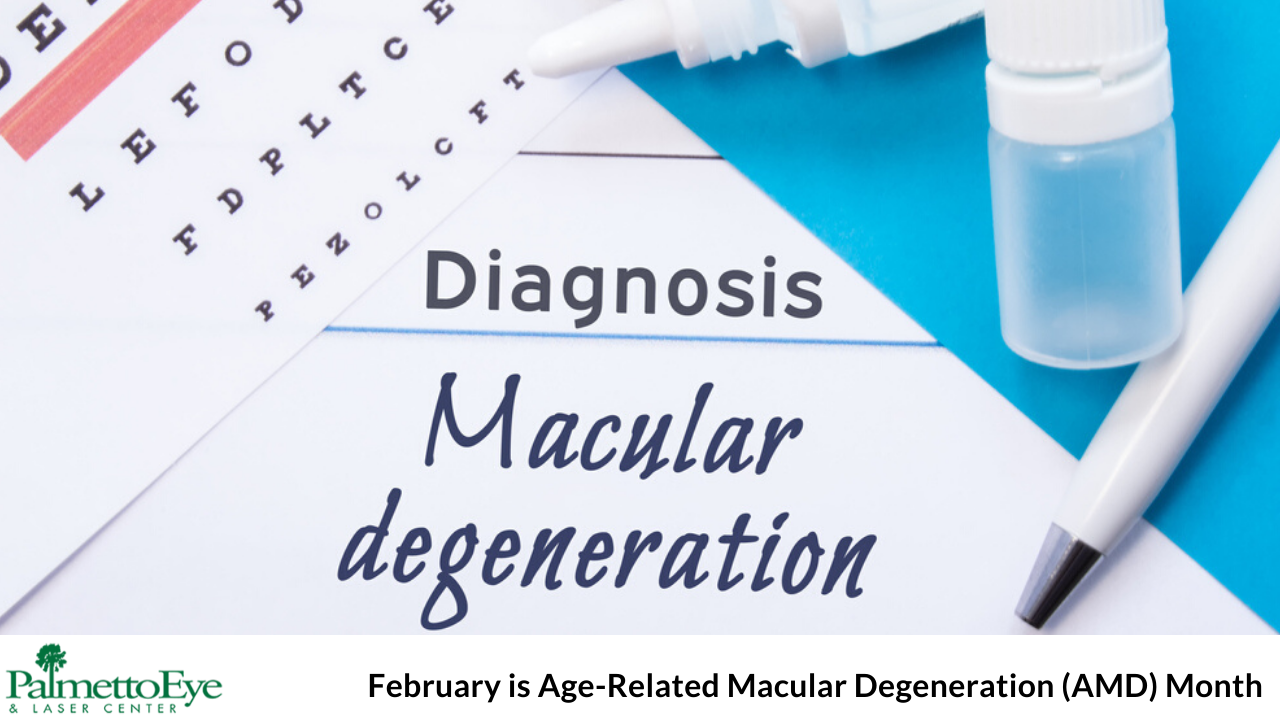
The month of February has been deemed as age-related macular degeneration month. Age-related macular denegation, or AMD for short, is the loss of the central part of vision that some people experience as they grow older.
There are two types of AMD. One type cannot be treated, although visual aids can be used to reduce the effect that AMD has. The other type can be treated to stop a patient’s AMD from getting any worse. It is therefore important that you have your eyesight checked regularly so that any AMD-related symptoms can be identified, and suitable treatments provided, should they be deemed necessary.
The exact cause of AMD is unknown, but it seems to be age-related as it usually first affects people when they are in the 50s or their 60s. If you are a smoker, have high blood pressure, are overweight or your parents or grandparents had AMD, then you are more likely to suffer from AMD yourself.
AMD strikes the very center of your vision. If you are reading, you may not be see words right in the center of the page. You may see straight lines as crooked, that objects look smaller and colors seem less bright. You may also have hand-eye coordination problems.
The earlier AMD is caught, the easier it is to treat and the better the outcome. The most common form of AMD is ‘dry AMD’ which occurs gradually. This cannot be treated, but help can be obtained that will prevent it from getting any worse.
The other form of AMD is ‘wet AMD’ which is less common but comes on relatively fast. This can be treated with eye injections and light treatments that will stop the condition from worsening, and in many cases, reverse it.
If you think you have AMD please do not accept this a sign that you are losing your vision. The condition is manageable and people can adapt their lives so that they can deal with it.
Here at the Palmetto Eye & Laser Center we can offer you a number of specialty eye care solutions. We also consider it of the utmost importance for patients to have their eye health checked on a regular basis; particularly patients in their 50s and beyond. Why not talk to a member of our expert eyecare team? Contact us at (864) 583-6381, or contact us via email.